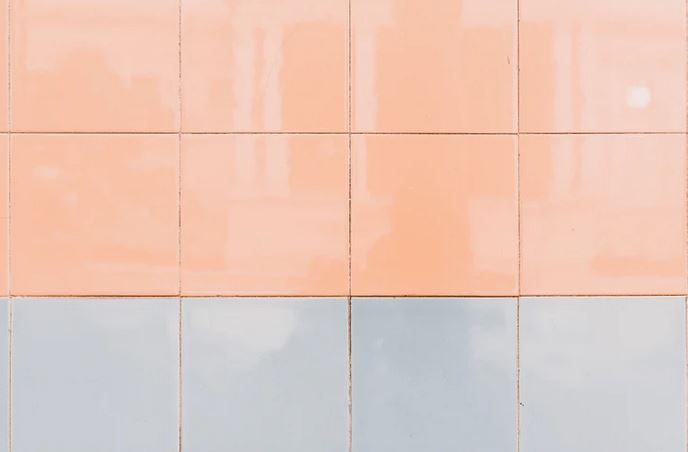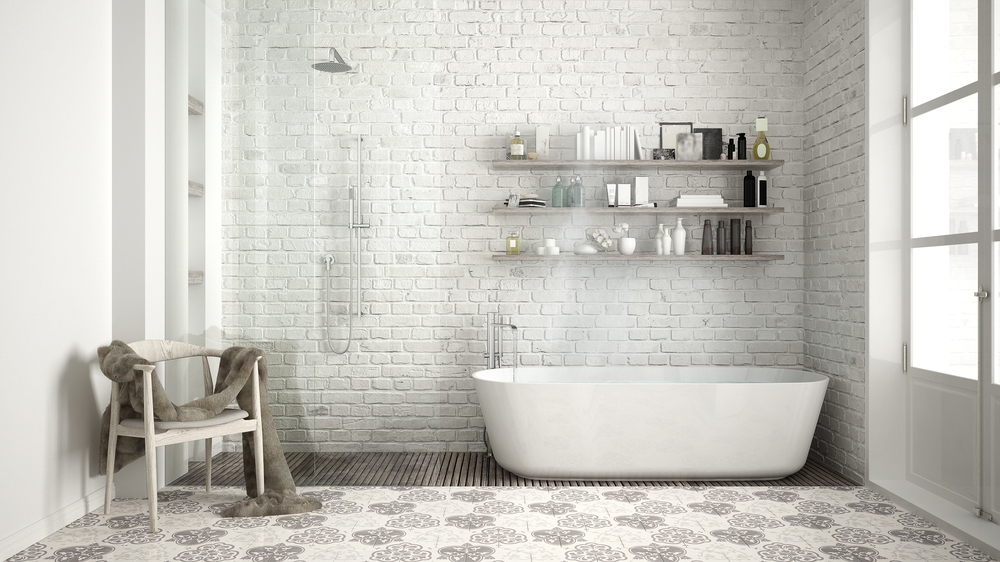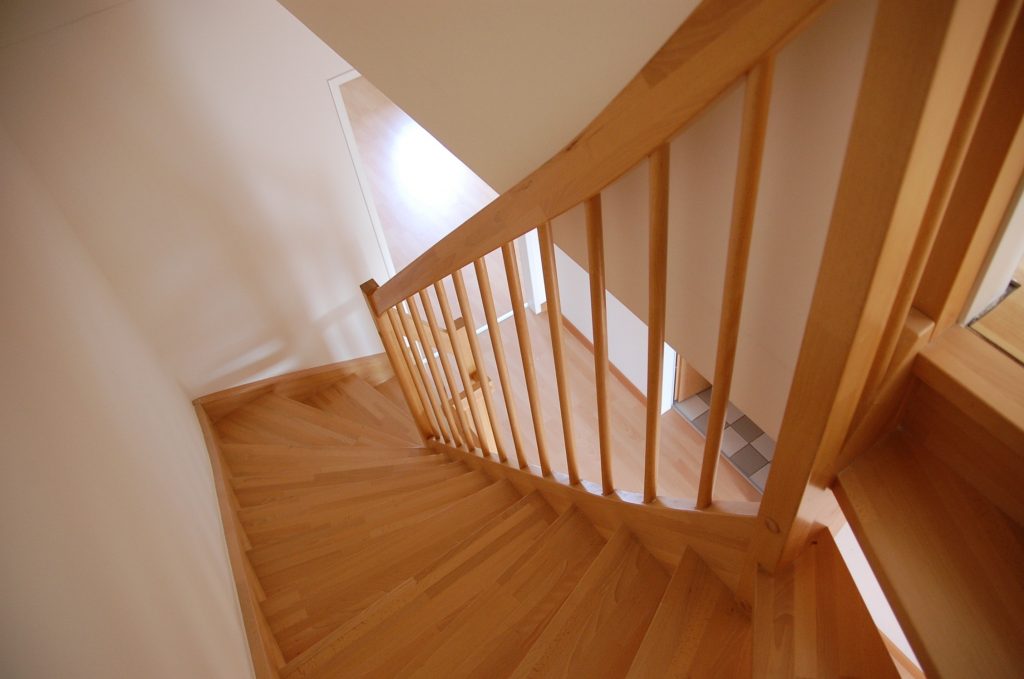It is important when choosing a tile to select one that is not only appropriate for the room you are hoping to use it in but that is also in keeping with the style of your home and indeed your lifestyle. In terms of practicality, consider which will stand the test of time best. If you have children or pets, or both consider picking a tile with extra durability.
Ceramic tiles
Ceramic tiles are incredibly durable and low maintenance, their relatively nonporous surface means that most liquids sit on the surface of the tile rather than soaking into it. In order to clean ceramic tiles, you need only to brush up any surface dust before giving them a quick mop. As ceramic tiles are manufactured they are available in a huge range of colours, finishes, and even styles, making them incredibly versatile for many different rooms in the house. They are probably best suited however to rooms that are prone to moisture such as kitchens, bathrooms, basements, laundry rooms, and even in some cases porches. They are a good choice for both walls and floors.
Porcelain tiles
Porcelain tiles are also man-made; however, they are stronger than ceramic tiles making them a better option for rooms that experience a higher volume of traffic. The larger tiles generally make a better walking surface compared to the smaller ceramic tiles. They are an altogether denser and less porous surface than ceramic tiles, some types of porcelain tiles are also resistant to scratches and chips. These tiles are ideal for hallways, kitchens, and even bathrooms. They also work well if you have an open floor plan, and you can read some great tips for decorating an open floor plan if this applies to your home. Given their scratch resistance they would also be an ideal choice for pet owners. Porcelain tiles come in a variety of finishes; matt, polished, and glazed, which makes them a perfect option for walls and floors.
Marble
When it comes to opulence and luxury this natural stone is right up there. Marble does have slightly porous properties making it rather impractical for rooms with lots of moisture. It also requires more maintenance than some other tile surfaces, over time it can be prone to yellowing, however, this can be corrected with polishing. Marble can react badly to dilute acids such as lemon juice and vinegar meaning it is not perhaps the best choice for a kitchen. Marble is ideal for a room where you want to make a statement, such as a hallway. Although it is on the expensive side it is very durable with a life span of at least 25 years if looked after well, and it certainly creates a statement.
Whilst there are certain rooms where some of the tiles mentioned would be less practical, like marble on bathroom floors, there is relatively little difference between all three types of tiles in terms of which rooms each one is best suited to. Take into consideration the practicalities of each as well as your budget, design requirements, and even the size of the space when making that all-important final decision.




